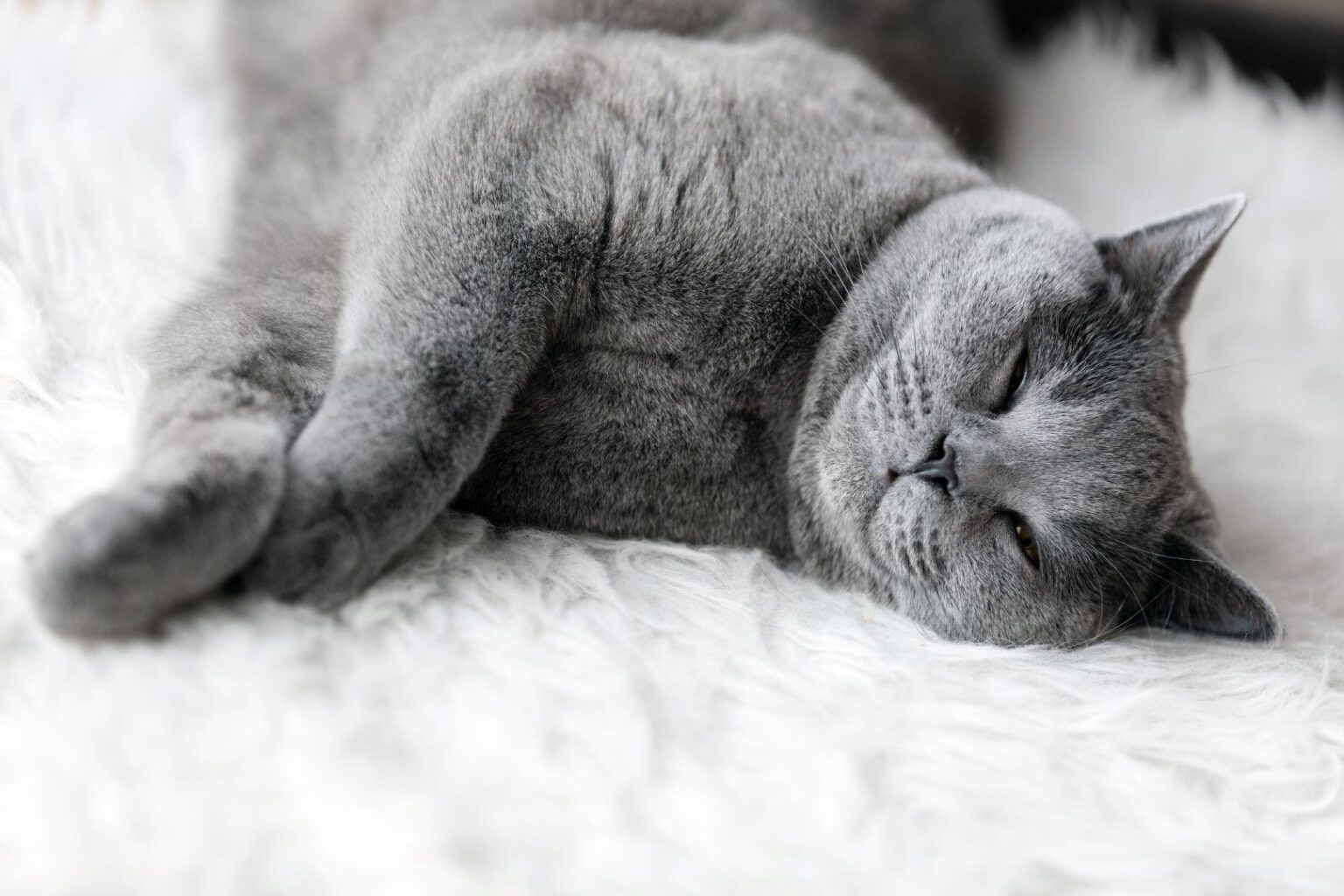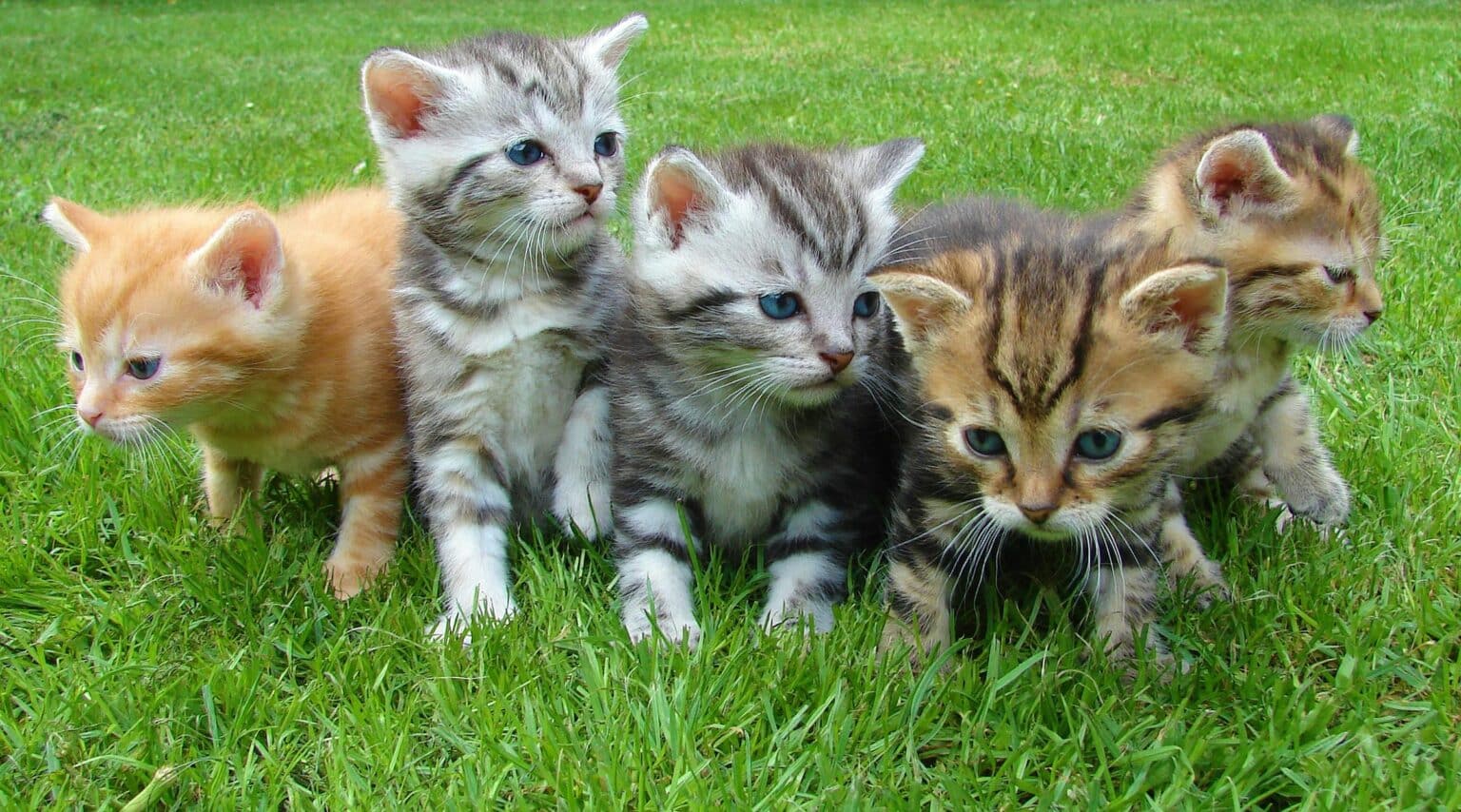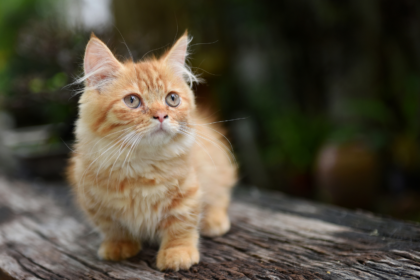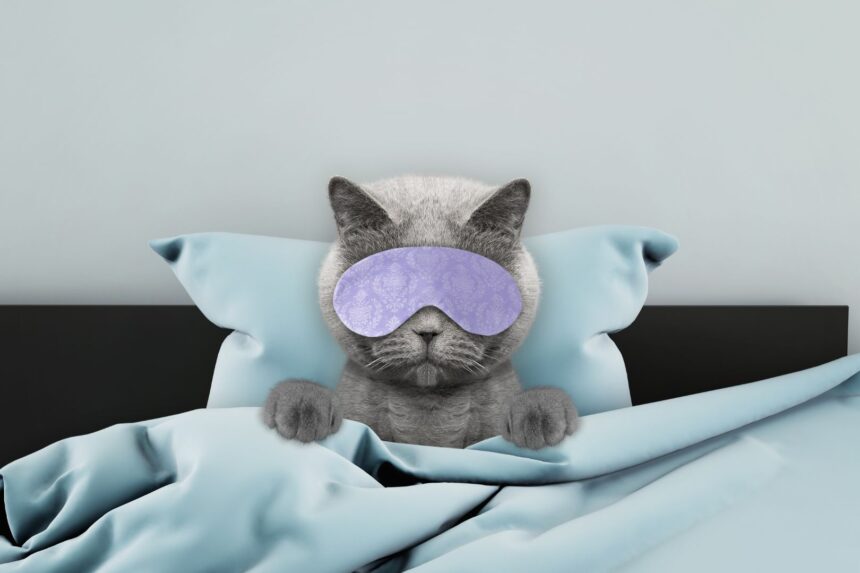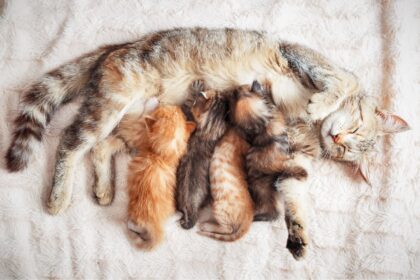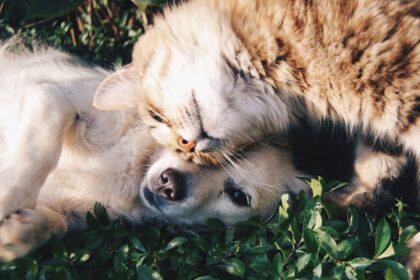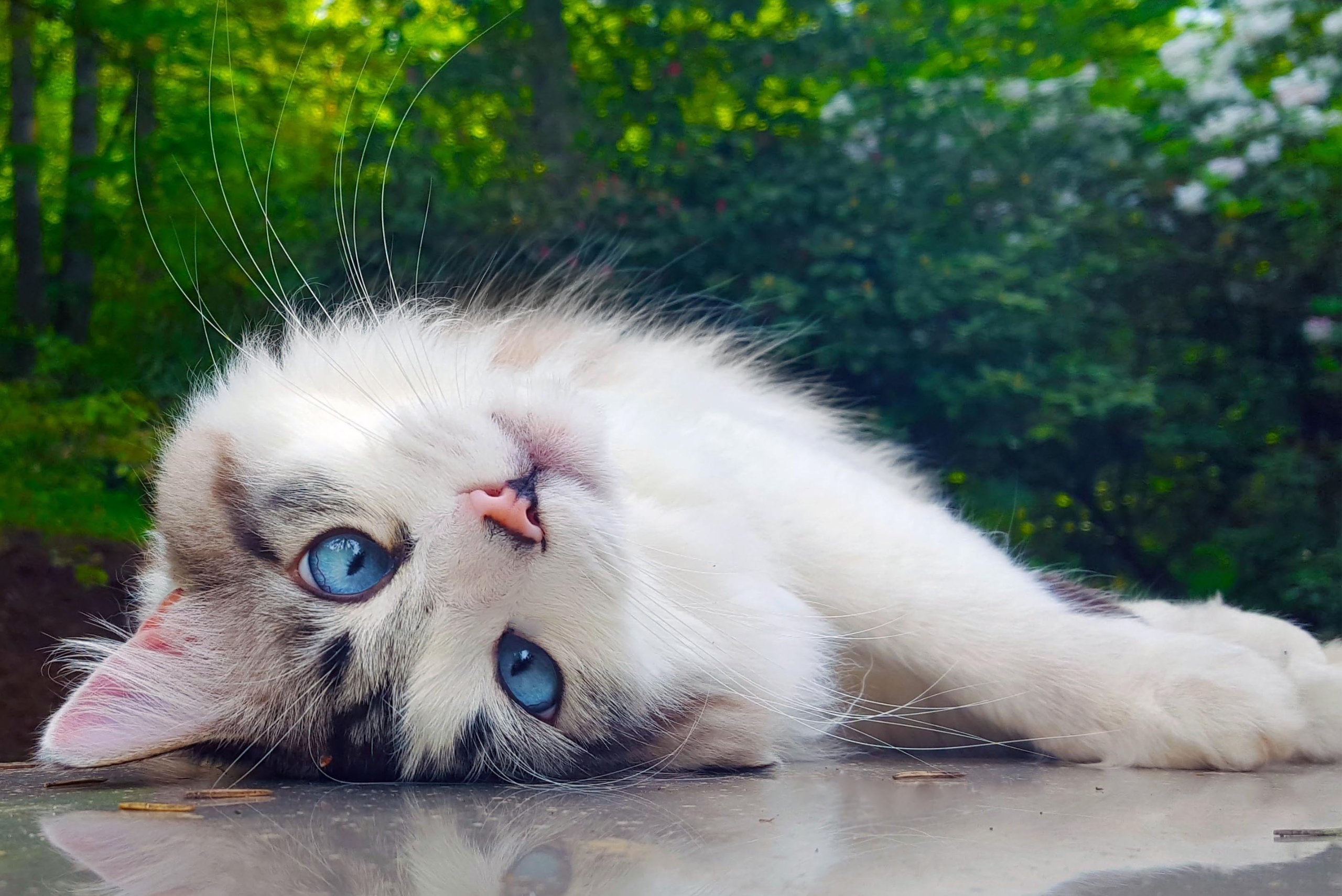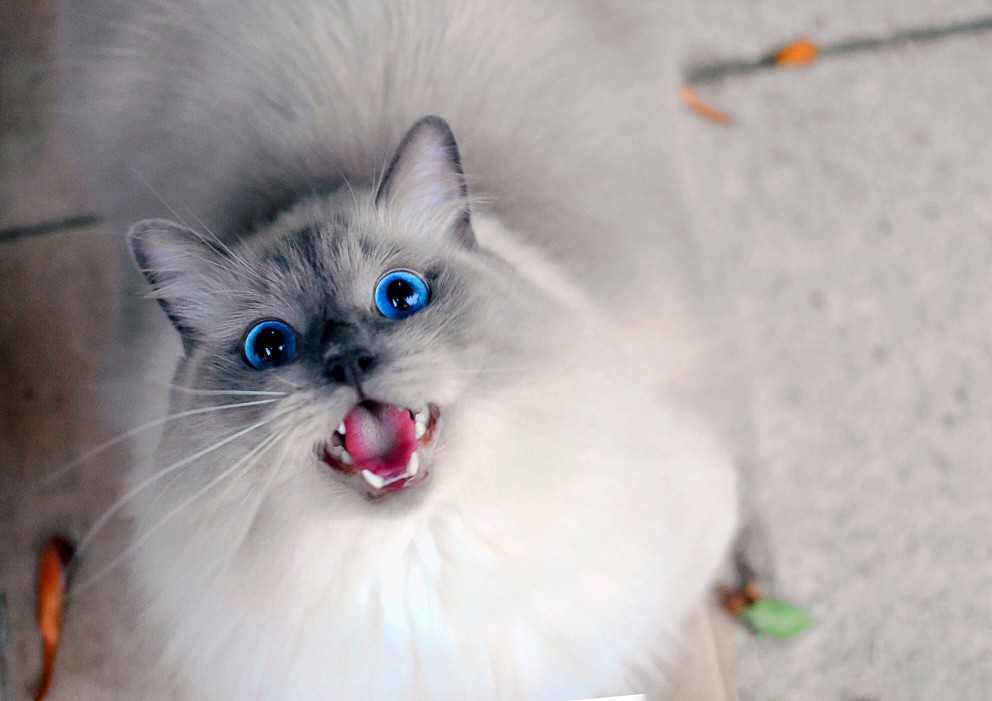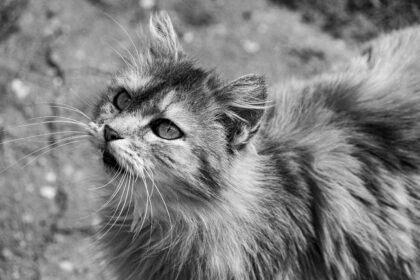Maine Coon Ultimate Guide: Care & Tips for your Cat
The Maine Coon: A Gentle and Sociable Giant Originating in the northeastern United States, the Maine Coon is one of the most beloved and recognizable cat breeds. With his majestic…
Why is my cat constantly asleep and won’t come out? Complete guide
You may have noticed that your cat isn't as active as it used to be. He seems to sleep all day and, even more unusually, he no longer wants to…
Top cat breeds: which one is right for you?
It's perfectly natural and delightful to be seduced by the majestic beauty or cuteness of cat breeds. However, it's essential to realize that, just like humans, every cat has its…
Meow Moments
Smile with the cutest cat stories and anecdotes.
Feline Galaxy
Explore the world of cat breeds and find your ideal companion.
Natural Wellness
Feed your cat healthy, organic and natural food.
Trends
Understanding Why Your Cat Meows
The art of understanding your cat's meow is a complex and fascinating…
Guide Complet 2024: Discover the Munchkin Cat, Favorite Cat Breed of the Year
A Brief History of the Munchkin Cat Origin of the Munchkin Cat…
500 name ideas for female cats in 2025
Find the perfect name for your new feline friend with this selection…
Turn Your Furballs into Stars!

Guides & Advices
Cats’ sleep duration: A complete and essential guide!
Why do cats sleep so much? Every cat owner has probably noticed that our feline friends spend a large part…
How to introduce a new kitten to your feline family: The 2024 Guide
The excitement of a new kitten's arrival Introducing a new kitten to your feline family is an exciting and emotional…
Discover the Smells Cats Love: A Complete Guide for Owners 2024
The world of smells is a rich and complex universe for cats. Every scent is an essential source of information…
Funny Pets
Don’t fall into the trap of preconceived ideas about cats
Your cat wants to kill you! Don't fall into the trap of…
Dogs Lovers
More Cats
Why Cats Scratch the Floor: 5 Surprising Reasons
Introduction Why cats scratch the floor is a question you've no doubt…
Why cats scratch around their food bowls: the truth
Why does my cat scratch around his bowl: understanding this feline behavior…
Why cats claw: 5 surprising reasons
Why cats claw: understanding their natural instinct Why do cats claw? If…
Why cats drop things: 5 surprising reasons
Natural instinct: understanding why your cat loves to push things around A…
Why cats spit: 5 reasons you should know
Why does my cat suddenly spit up? Understanding this feline behavior Why…
Why Cats Fight: 7 Surprising Reasons
Understanding why cats fight: territorial reasons Marking your territory: a question of…
Why Cats Chew: 5 Surprising Reasons
Why does my cat bite? Understanding this mysterious feline behavior Why do…
Why Cats Love Bleach: The Secret Unveiled!
Why are cats attracted by the smell of bleach? Have you ever…
Why Cats Pee Everywhere: Causes and Solutions
Why my cat pees everywhere: understanding its behavior Why do cats pee…
Why cats sleep with us: 5 surprising reasons
Why does your cat love to sleep next to you? A question…


